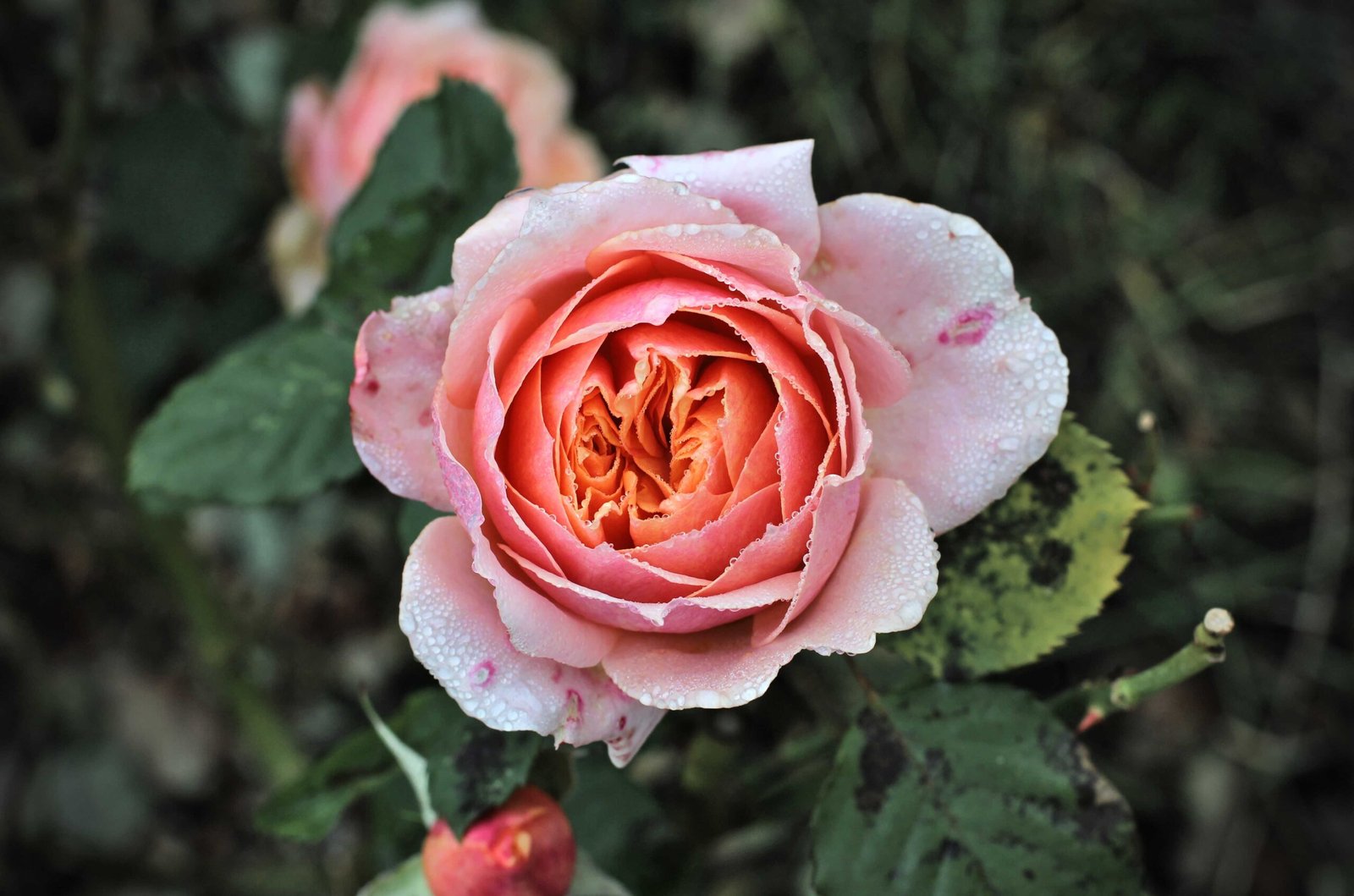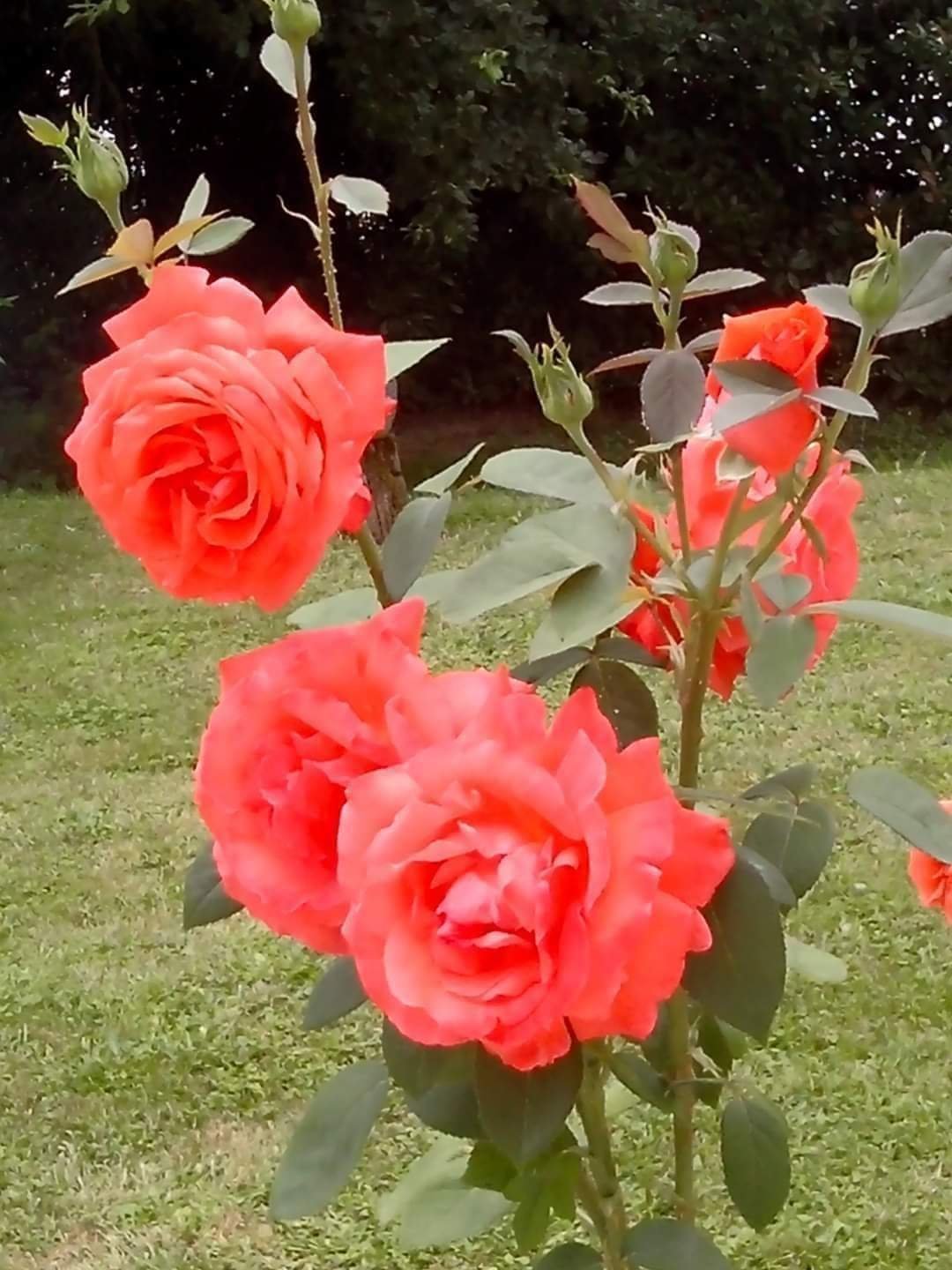Is Rose Water an Antioxidant?

Rose water, a fragrant liquid distilled from the petals of the rose plant, has long been used in various cosmetic and culinary applications. However, the question of whether rose water possesses antioxidant properties has been a topic of interest among researchers and consumers alike. This article will explore the scientific evidence, chemical composition, and practical applications of rose water as an antioxidant.
What Are the Scientific Studies and Clinical Trials on the Antioxidant Properties of Rose Water?

Several studies have investigated the antioxidant properties of rose water, providing evidence through various assays:
-
A study on the antioxidant and anti-inflammatory activities of rose water cream formulations found that the extracts of Rosa damascena petals, commonly known as rose water, exhibited significant antioxidant activity. This was assessed using the ferric reducing power assay and the inhibition of protein denaturation. The study showed that the cream formulations, particularly F1, had high antioxidant activity, with an 81.55% reducing power at 1000 µg/ml.
-
Another study evaluated the antioxidant properties of a new rose variety, “Ever-rose,” using assays such as superoxide dismutase activity, DPPH radical-scavenging capacity, and xanthine oxidase activity. Although this study focused on a different rose variety, it highlights the robust antioxidant activity of rose extracts, which can be extrapolated to rose water.
What Are the Chemical Compounds in Rose Water That Contribute to Its Antioxidant Effects?
The antioxidant properties of rose water are primarily due to its rich content of polyphenolic compounds:
-
Rose water contains major phytoconstituents such as flavonoids, tannins, triterpenoids, and saponins. These compounds are responsible for its antioxidant and anti-inflammatory properties.
-
The specific compounds include flavonoids, which are known for their radical-scavenging activities, and tannins, which have been shown to have antioxidant effects. Triterpenoids and saponins also contribute to the overall antioxidant profile of rose water.
How Is Rose Water Used in Skincare and Health Products Due to Its Antioxidant Properties?
Rose water is widely used in skincare and health products due to its antioxidant, anti-inflammatory, and soothing properties:
-
Skincare: Rose water is used to protect the skin against UV radiation, reduce redness and irritation, and act as an anti-aging agent by inhibiting elastase and collagenase. It can be applied topically to soothe conditions like eczema and rosacea. Formulations often include rose water as a key ingredient in creams, lotions, and facial toners.
-
Recommended Dosages and Safety: There is no specific recommended dosage, but it is generally advised to use rose water in moderation. A patch test is recommended to check for any allergic reactions. Rose water is generally considered safe, but it can cause burning, stinging, or redness in some individuals.
-
Efficacy Data: Studies have shown that rose water cream formulations can significantly reduce oxidative damage and protect the skin from UV radiation. The antioxidant and anti-inflammatory activities are concentration-dependent, with higher concentrations showing greater efficacy.
What Are Some Consumer Products Containing Rose Water and Marketed for Their Antioxidant Benefits?
Several consumer products contain rose water and are marketed for their antioxidant benefits:
-
Brand Names and Ingredient Lists: Brands like Thayers, Pixi, and The Ordinary offer rose water-based products. For example, Thayers Rose Petal Witch Hazel includes rose water as a primary ingredient, while Pixi’s Glow Tonic contains rose water along with other antioxidants.
-
Pricing and User Reviews: Prices vary widely depending on the brand and product type. Thayers Rose Petal Witch Hazel is generally priced around $14-$20, while Pixi’s Glow Tonic is around $15-$25. User reviews often praise these products for their soothing and antioxidant effects, although individual results may vary.
In conclusion, the scientific evidence, chemical composition, and practical applications of rose water demonstrate its potent antioxidant properties. Rose water’s rich content of polyphenolic compounds, such as flavonoids and tannins, contribute to its ability to protect the skin, reduce inflammation, and act as an anti-aging agent. Consumers can find a variety of rose water-based products on the market, which are often praised for their soothing and antioxidant benefits.
